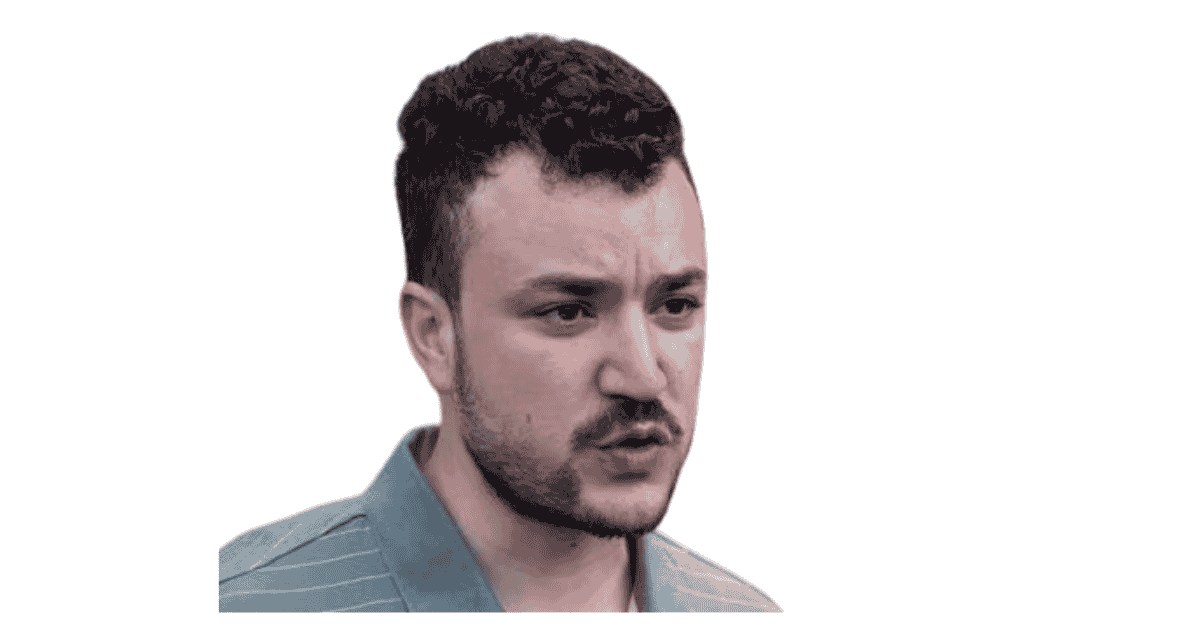Mahmoud Khalil, a Palestinian graduate student at Columbia University’s School of International and Public Affairs, has made headlines after his arrest by U.S. immigration agents. The arrest took place on March 8, 2025, at his university residence, and has sparked significant attention due to Khalil’s involvement in pro-Palestinian protests on campus.
Why Was Mahmoud Khalil Arrested?
Khalil’s detention is viewed as part of a broader crackdown on foreign students involved in pro-Palestinian protests, an initiative reportedly supported by former President Donald Trump after his return to the White House. His administration has vowed to target foreign students engaged in these protests, calling their actions “antisemitic.” Khalil’s arrest follows a surge in anti-Israel and pro-Palestinian protests in U.S. universities, especially after the October 2023 Hamas attack on Israel and the subsequent Israeli response in Gaza.
Khalil, who was a key negotiator in the Columbia protests, played a significant role in discussions between school administrators and students. These protests included the occupation of an academic building and the establishment of tent encampments on Columbia’s lawns. While Khalil wasn’t directly involved in the building occupation, he served as a mediator between protestors and university vice provosts.
Background on Mahmoud Khalil
Khalil hails from a Palestinian refugee camp in Syria and has a rich background in international diplomacy, having worked for the British embassy in Beirut. His involvement in Columbia’s pro-Palestinian movement has made him a prominent figure on campus, where he has been active in organizing protests and leading negotiations with university officials.
Despite his permanent U.S. residency status (green card holder) and his American wife, who is pregnant with their child, Khalil’s arrest highlights the growing tension surrounding U.S. immigration policies and their impact on international students. His arrest may be seen as part of a larger political agenda targeting individuals critical of U.S. foreign policy regarding Palestine and Israel.
Will Mahmoud Khalil Face Deportation?
At the moment, Mahmoud Khalil is being held at a U.S. Immigration and Customs Enforcement (ICE) detention center in Elizabeth, New Jersey. His future remains uncertain, as many questions loom about whether his arrest could lead to deportation, particularly in light of his ongoing legal struggles and the political climate surrounding his activism.
His case is being closely followed by many, including his lawyer, Amy Greer, though she has not commented publicly on the situation. The controversy surrounding Khalil’s detention is growing, as it raises broader concerns about the U.S. government’s treatment of foreign students involved in political protests.
The Role of Columbia University
Columbia University, where Khalil is enrolled as a graduate student, has refrained from commenting on the specifics of his case due to privacy laws. However, a university spokesperson emphasized the institution’s commitment to upholding the legal rights of its students. Despite being unable to share details, the university has expressed concern over the situation and its implications for student freedom and rights.
A Political Statement or Justified Action?
Khalil’s arrest represents a broader political move by the U.S. government, signaling a tougher stance on foreign students who engage in pro-Palestinian activism. It is also indicative of the increasing polarization of U.S. foreign policy on issues surrounding Israel and Palestine, a subject that has become highly contentious on university campuses.
The Road Ahead
As the situation develops, many are left wondering about the implications for Mahmoud Khalil and other international students involved in political protests. Will his arrest spark further action against student activists? Will he face deportation or charges related to his activism? These questions remain unanswered, but Khalil’s case has become a focal point for those concerned about student rights and the U.S. immigration policies affecting foreign nationals in the academic world.

